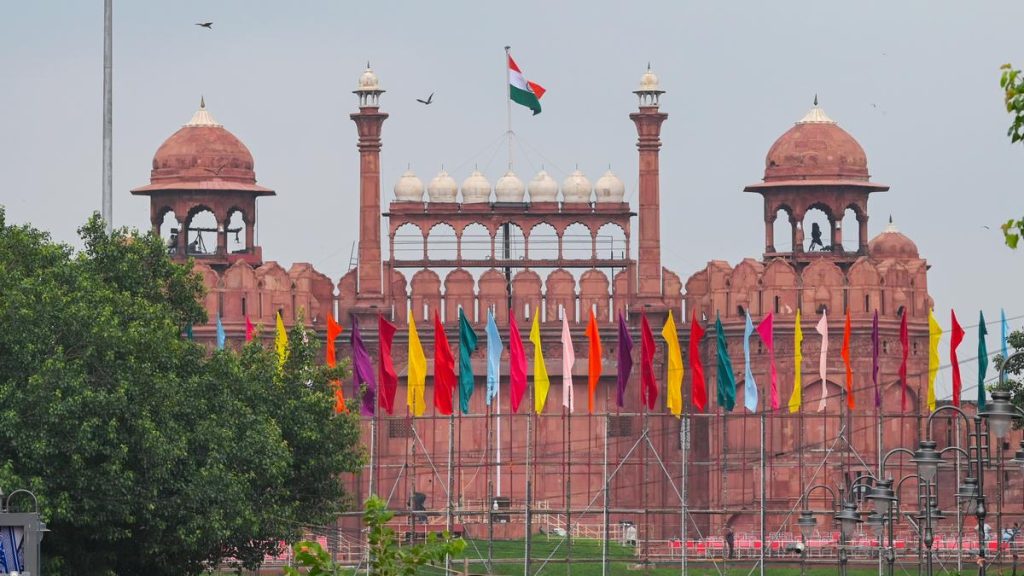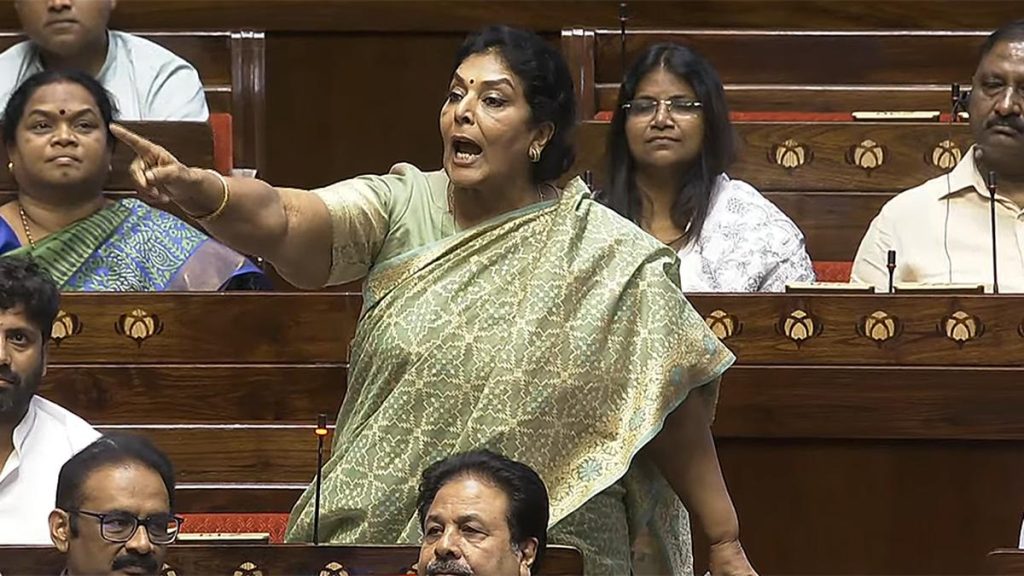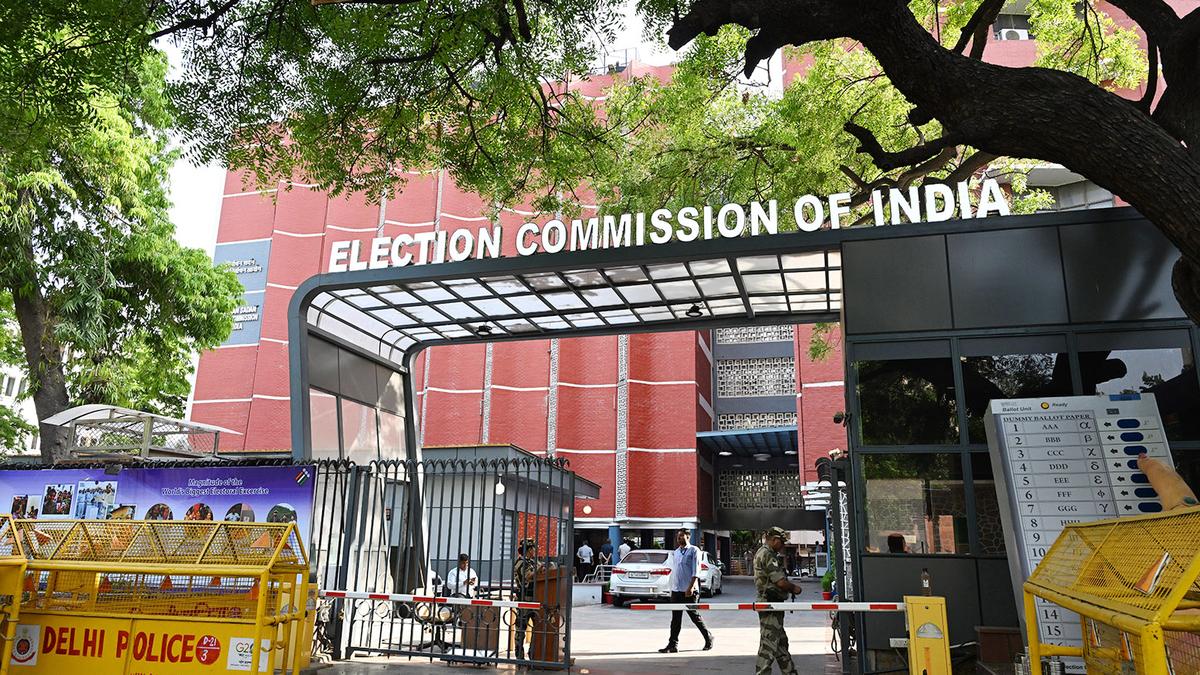Now Reading: Ensuring Justice for Juveniles
-
01
Ensuring Justice for Juveniles
Ensuring Justice for Juveniles

Quick Summary
- The Karnataka High Court ruled in criminal appeal No. 200093 of 2019, highlighting the importance of police adn magistrates identifying juvenile offenders during criminal proceedings to avoid wrongful imprisonment.
- Karthik was convicted for murdering Muniyappa in 2011. Evidence showed family-related grievances motivated the crime with eyewitness testimony confirming involvement.
- Juvenility issues emerged during Karthik’s appeal years later. He proved he was underage at the time, but had spent 13 years in adult prison due to failure in identification by police and magistrates.
- The JJ Act, which mandates minors be tried under a seperate system (Juvenile Justice Board), was misapplied as he should have faced a maximum of three years in a juvenile home instead.
- The court awarded ₹50,000 compensation to karthik for this miscarriage of justice and ordered necessary judicial inquiry into his juvenility claim.
- Systemic reforms were urged with directions to sensitise police, advocates, magistrates, judges of children’s courts, JJB members on juvenile-related rules outlined by Karnataka Juvenile Justice Rules (2025).
- Reference cases from Patna High Court and Supreme Court show pleas of juvenility can be raised even decades after an offense if proven valid.
Indian Opinion Analysis
The Karnataka High Court judgment exposes systemic flaws in identifying juveniles within India’s criminal justice system. Proper implementation of the Juvenile Justice Act is crucial not just to protect minors but also maintain society’s faith in rehabilitative justice. This case underscores stark consequences when legal safeguards fail – such as exposure of minors to violent environments like adult prisons that can adversely affect their psychological well-being.
Compensating individuals like Karthik cannot retroactively correct institutional missteps; however, it sets an accountability precedent while reinforcing robust judicial protocols moving forward. Strict adherence by all stakeholders (police officials, magistrates) is imperative for systemic compliance with updated state-level rules such as Karnataka JJ Rules (2025).
Potential implications include deeper scrutiny into past convictions involving claims of juvenility and heightened training across legal institutions regarding handling underage defendants – steps crucial for advancing ethical practices within India’s justice framework.

























